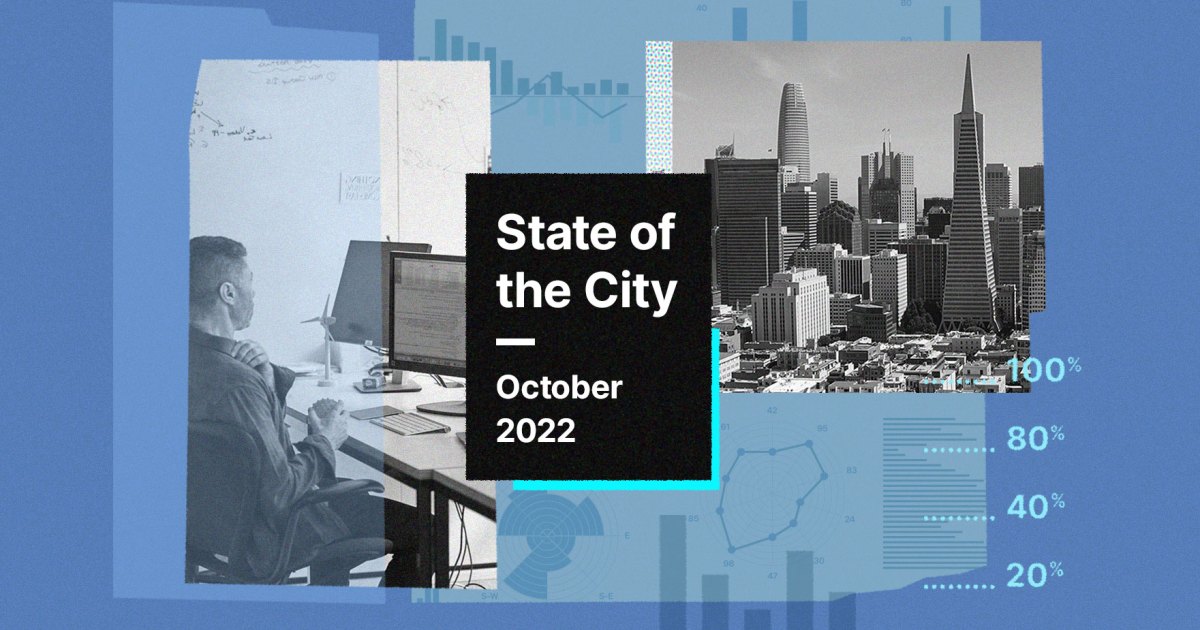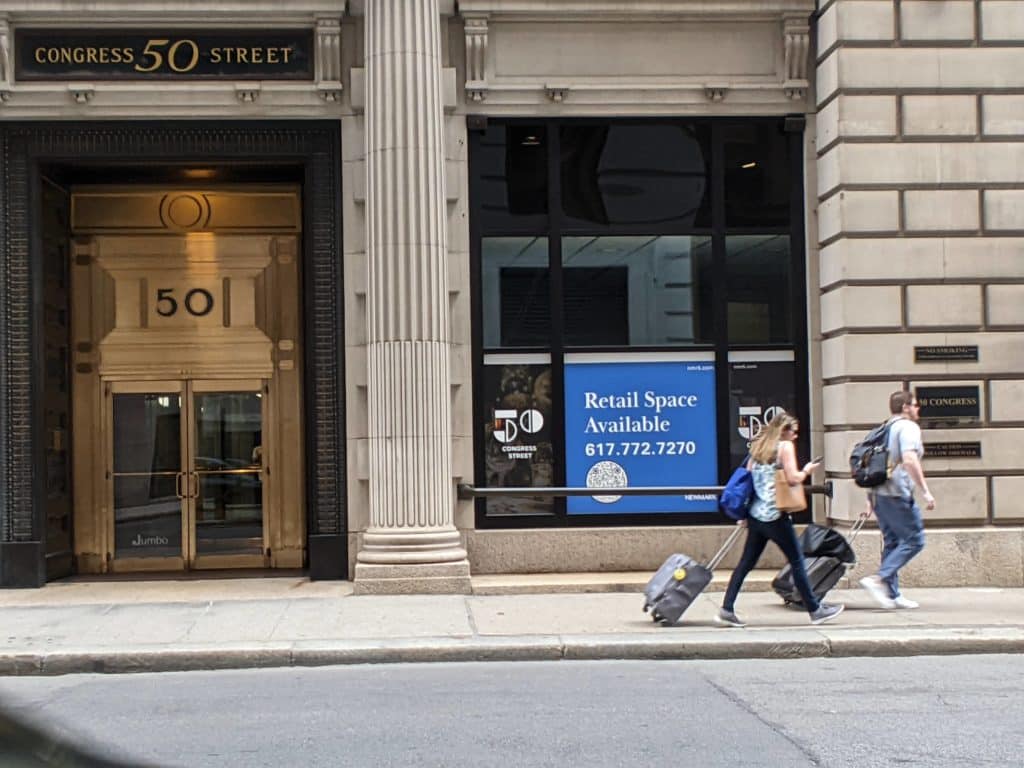The fixation on 800,000 is bizarre and illogical. Yes, that was the City's high-water population benchmark 70 years ago--but so what? What factors
intelligently inform the drive to re-attain a population of 800,000? Otherwise it's so much hollow symbolism.
Also, interesting that she stated the goal is still to abolish the BPDA. Of course, that requires a home-rule petition.
Good story in the Globe recently about how
bizarrely handcuffed Boston and other Commonwealth municipalities are by the need for incessant home-rule petitions. For all of the self-congratulatory rhetoric of our "glorious Puritan-era inheritance of local rule/town government" or what-have-you, turns out our municipalities are pretty enfeebled--but this one benchmark, at least.
Key quotations:
"A
2007 report from The Boston Foundation found that Boston had far less power over its own affairs than peer cities such as New York, Denver, San Francisco, Atlanta, Chicago, and Seattle. Boston’s limited ability to raise new sources of revenue leaves the city heavily dependent on property taxes, incentivizing officials to prioritize commercial development, the report argued."
"A Boston City Council staff analysis found that of the roughly 100 home-rule petitions Boston filed with the Legislature from 2011 to 2021, fewer than half became law. Successful petitions, on average, lingered nearly 10 months before Beacon Hill granted final approval. The petitions that tend to have more success are mundane administrative matters, while substantive proposals are more likely to languish and die. And in the past decade, the analysis shows, just one home-rule petition has been approved in less than a month."
Abolishing the BPDA is the exact opposite of a "mundane administrative matter." Therefore, assuming status quo continues, it will go nowhere...






